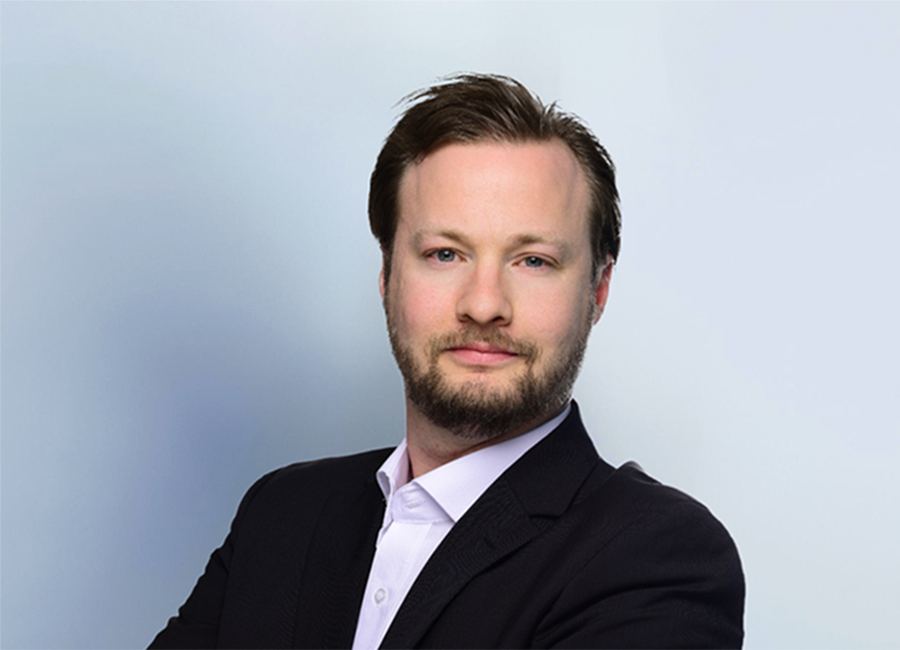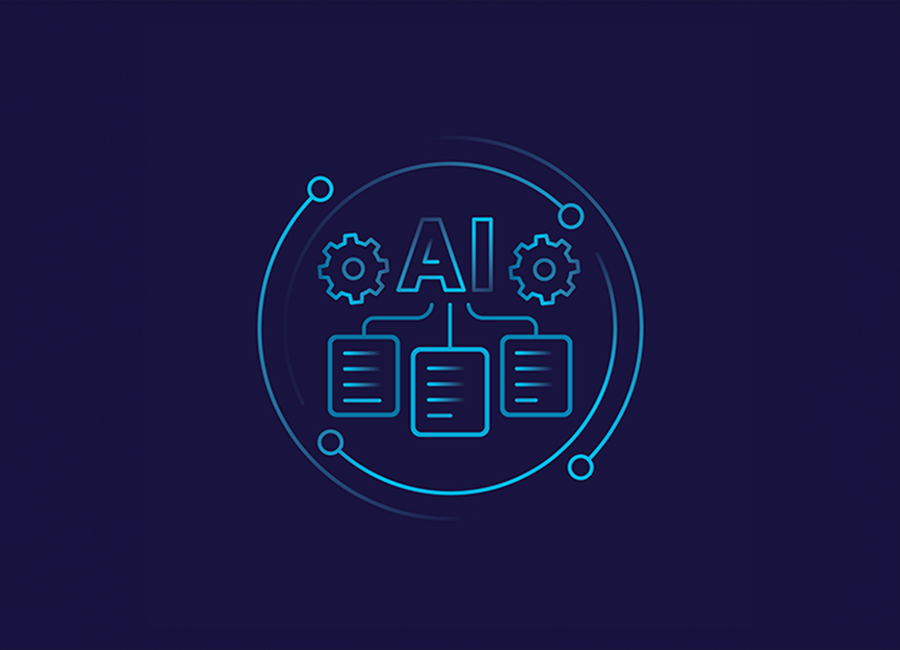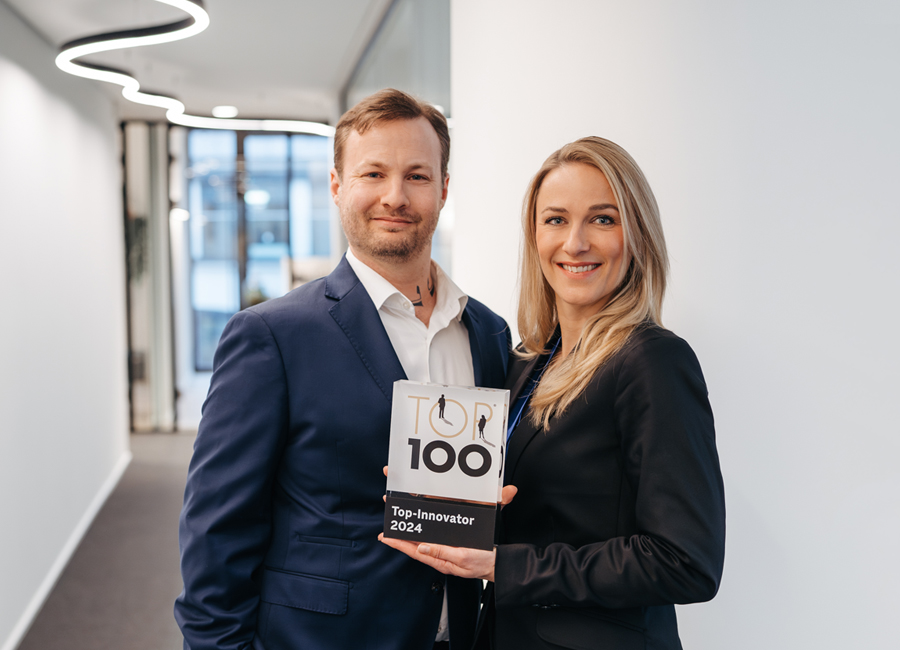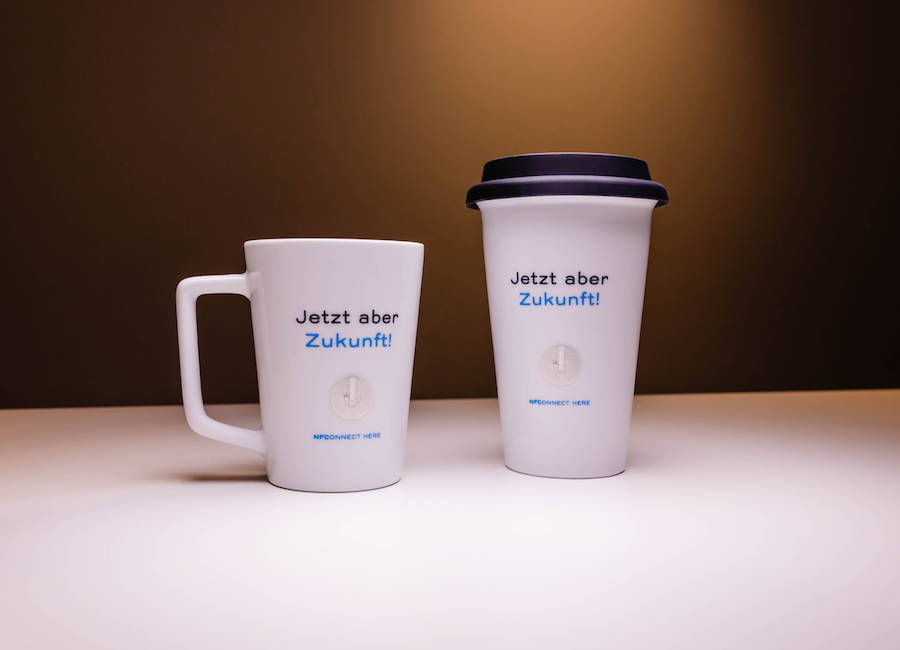
Only a fraction of German companies use blockchain in their daily practice. Does blockchain technology create more problems than solutions? Or does the decentralized system actually hold untold opportunities? How do companies benefit from stablecoins and DeFi? And how can blockchain solutions be implemented in German SMEs? Technology expert Franz A. Wenzel, Director at enomyc, answers burning business questions.

Many providers promise a lot – but not every “AI solution” delivers what it promises. Medium-sized companies face the challenge of distinguishing meaningful applications from mere marketing. Carla Dausend and Leonard Rampf show what really matters when getting started – and what mistakes to avoid.

Amazon, Walmart & others are already experimenting with stablecoins. But what does that mean for Germany’s mid-sized businesses?Stella Weisser and Tom Agsten explore how blockchain-based payment systems can offer real opportunities for SMEs and mid-cap companies – with benefits such as lower transaction costs, real-time transfers, and greater control over payment data.

Disruptive technologies such as genAI are becoming increasingly important in the business world. This presents the upper midmarket segment with the challenge of not only understanding these technologies as a trend, but also applying them in practice in order to best increase efficiency and innovative capacity. Concerns that the barriers to entry are too high for SMEs are unfounded, says head of innovation at enomyc and author, Franz Wenzel.

New technologies and ground-breaking innovations are topics that most of us would expect to find in Silicon Valley rather than in German SMEs. The long list of German SMEs whose products and solutions are in demand all over the world shows that this is not the whole truth. The secret of their success: above-average innovative strength. The Top 100 competition honours precisely such companies. This year, enomyc is also among the winners.

Nine out of ten companies are victims of data theft, espionage or sabotage. Practically any company can become a victim, from a small tax consultant to a major international corporation. The extorted ransoms reach ever more dizzying heights and lead many a company into insolvency. Which actors and structures are behind the cyberattacks and, above all, how can one protect oneself? That's what we asked Andreas Persihl.

Cyber-attacks put the crown on polycrisis. They are extremely sophisticated and criminals are often several steps ahead. Experts have long known that attacks cannot be avoided. What matters is how companies react to them. "Incident response" instead of "headless chicken mode": How does that work exactly? What should be the first steps in an emergency? Philipp Seebohm from AON shares insights and recommendations from eight years of cyber risk management.

We are on the brink of Web 3.0: Decentralized, anonymous Internet, built on the blockchain. The age of cryptos, NFTs, DAOs and the metaverse has begun. The possibilities? Limitless, they say. But what exactly is the metaverse? What effect does it have on businesses? An outlook with Franz Wenzel, Director at enomyc.

Hans-Dieter Philipowski is an engineer and for more than 25 years, he has built cleaning plants as an entrepreneur in Europe and Russia. As the founder of ENFIT e.V. - International Association - Supply Chain Safety, he knows the grievances that prevail in the food transport industry and knows what risks can arise for consumers and companies. His innovative blockchain cloud-solution bulkvision is now able to account for the complete traceability of food transportation and raise food safety to a new level. For this, bulkvision was nominated by the networ, „Die Deutsche Wirtschaft“ for the "Innovator of the Year 2020" award.What exactly does the solution do? How do the food industry, trade, logistics and consumers benefit? And what did it take to develop such an innovation in the first place? Learn more in our latest interview with Hans-Dieter Philipowski.

Digitalization has become an indispensable part of our everyday life. It is becoming increasingly important for consumers and companies alike and is equally driving the demands of all to the extreme.In addition to the gigantic opportunities and market potential that digitization offers, it also presents companies with perhaps the greatest challenge since its inception. Be it with regards to services or products: innovation is required! But so are fast adaptation and intuitive operability.What do our digitalization experts observe at enomyc? What are the three biggest pitfalls that are encountered during the digitalization process? How can companies recognize them in time, and how can they avoid them?

Even before the outbreak of the coronavirus pandemic crisis, the German furniture trade was confronted with subdued economic prospects and declining overall sales. In February 2019 – incidentally, after a prolonged phase of moderate growth – the sector focus on furniture reported on the “downward trend in the furniture market.” According to this report, the German furniture market recorded a decrease of 1.3 percent in 2018. Sales fell to 19.9 billion euros.A good year later the surprise came: 20.55 billion euros in sales in 2019, according to the home in March 2020, but in the same month the lockdown forced stationary trade to a standstill, while online sales skyrocketed.

Manufacturing companies can also act as solution providers through digitization. RASTAL has done well in proving this with its Smartglass® concept. How can products be digitized in a tangible way and innovations be successfully implemented?We met RASTAL’s managing partner Raymond Sahm and the strategy expert Dr. Stefan Frings of enomyc for an interview: what did it take to develop a good idea and to transform it into a functioning product with a profitable business model?












